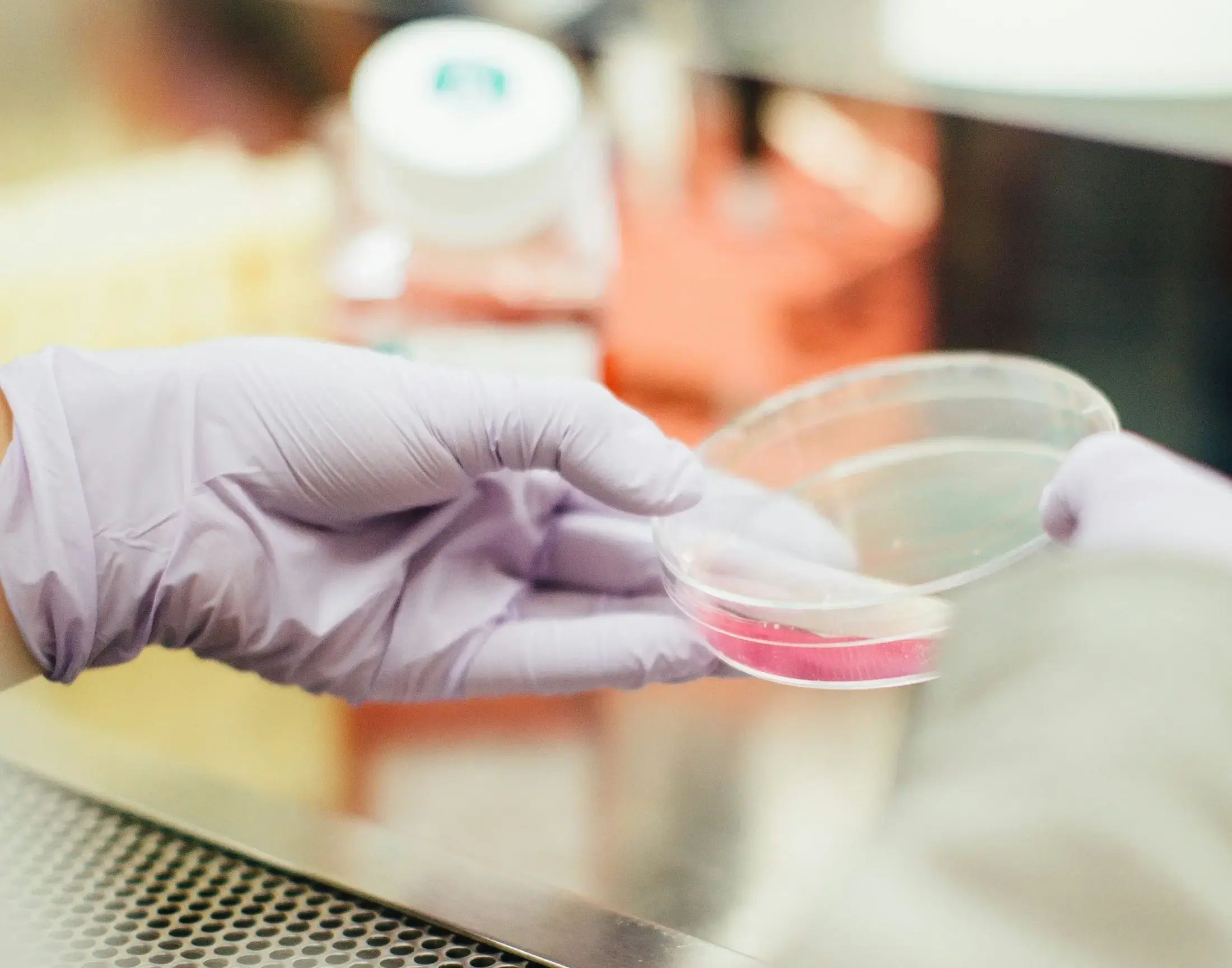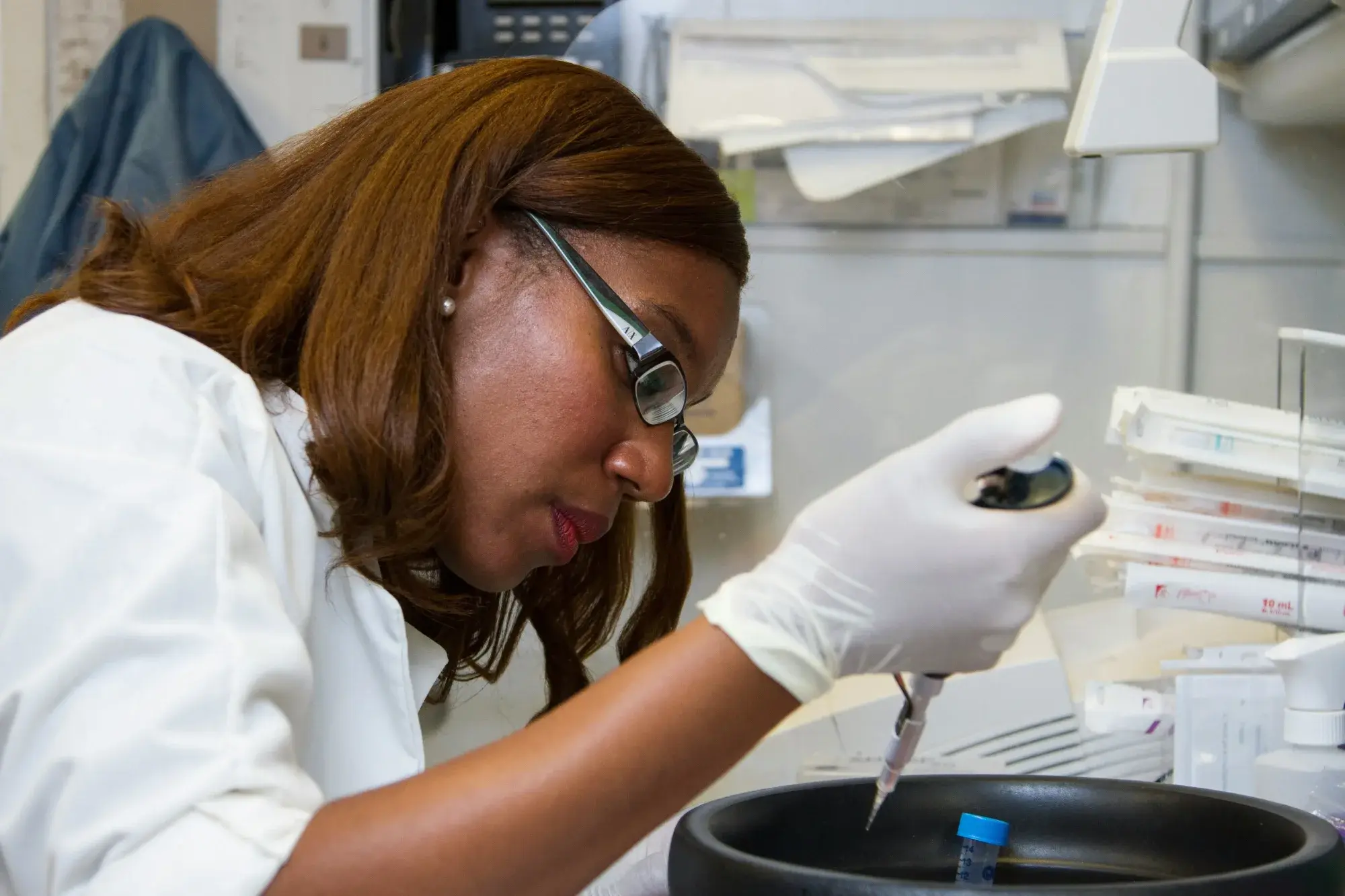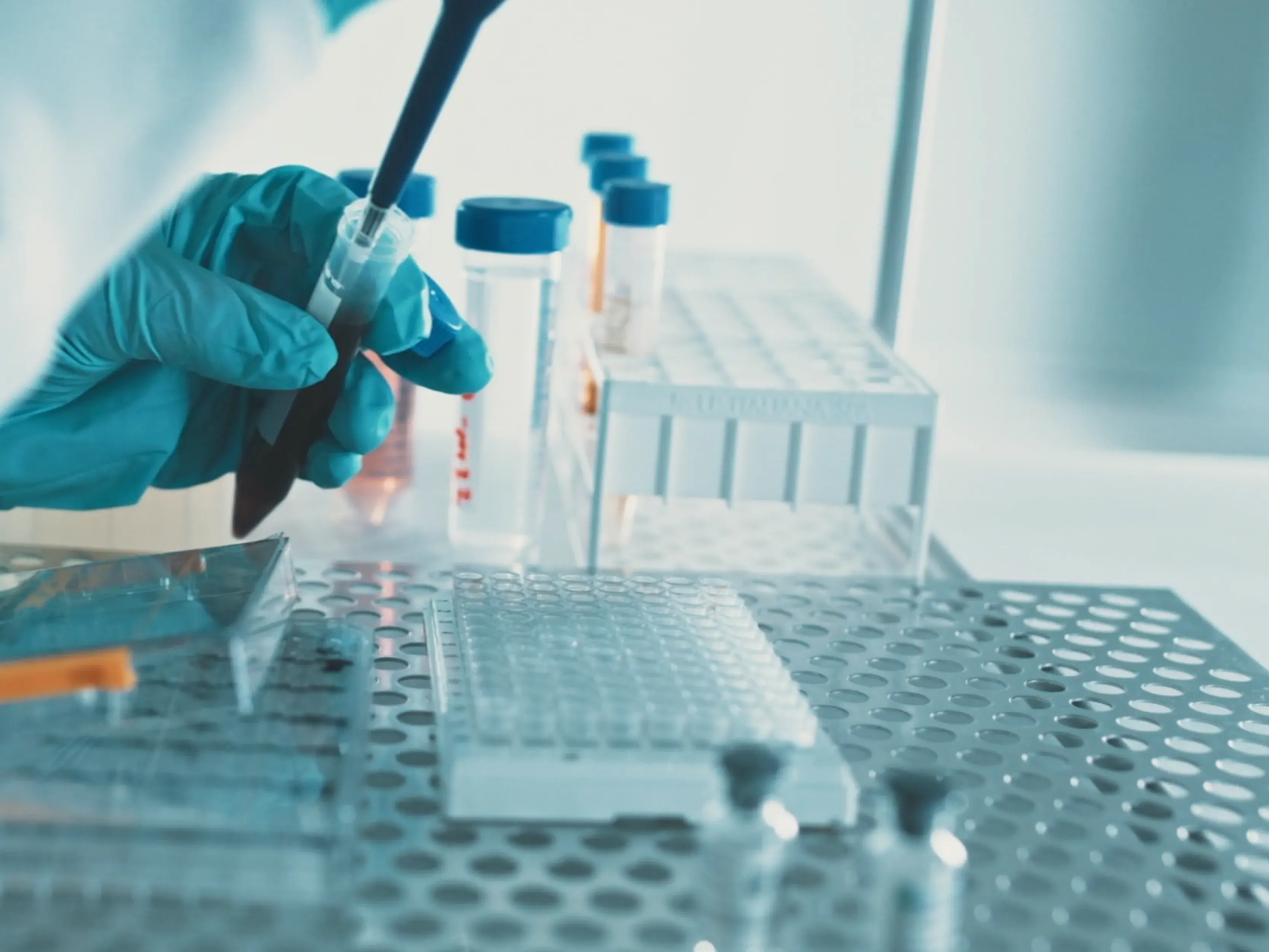Immuno-oncology
The microbiome plays an important role in cancer development, progression, and treatment response. At Cmbio, we provide omics tools and knowlegde to explore how microbial communities influence cancer outcomes - from promoting or inhibiting tumor growth to modulating treatment efficacy. Whether you are an academic or in industry, our services are designed to support oncology research, helping you uncover insights and optimize therapeutic strategies.
Immuno-oncology
The microbiome plays an important role in cancer development, progression, and treatment response. At Cmbio, we provide omics tools and knowlegde to explore how microbial communities influence cancer outcomes - from promoting or inhibiting tumor growth to modulating treatment efficacy. Whether you are an academic or in industry, our services are designed to support oncology research, helping you uncover insights and optimize therapeutic strategies.
Our Expertise in Cancer and Immuno-oncology Research
Shotgun Metagenomics and Functional Profiling
Our best-in-class metagenomics pipelines offer taxonomic and functional profiling, revealing how microbial communities and their metabolic pathways affect cancer progression and treatment responses.
Clonal-Level Profiling
Understanding strain-level differences is essential for oncology, particularly when tracking engraftment of live biotherapeutic products (LBPs) or fecal microbiota transplants (FMT). Our snv-based clonal-level profiling provides data on strain differences, engraftment, persistence, and their impact on treatment outcomes.

Responder/Non-Responder Analysis
We analyze microbiome and metabolomics differences between responders and non-responders to cancer therapies, helping you identify biomarkers that may predict treatment success and guide personalized therapeutic approaches.

Metabolite Analysis for Cancer Treatment
Microbial metabolites such as short-chain fatty acids (SCFAs) and immune-regulating compounds can impact cancer progression and treatment responses. Our targeted and untargeted metabolomics panels provide detailed data on these metabolites, allowing you to explore the links between microbial activity and cancer therapy.

Proteomics
Our targeted oncology panel helps you explore the expression of microbial proteins that may influence tumor development or interact with cancer treatments, providing a deeper understanding of microbial-host interactions in the cancer context.

Human Genomics
We offer human genome sequencing and analysis to explore the interactions between host genetics and the microbiome in cancer. This service allows you to investigate how genetic variations in patients influence microbiome composition, immune responses, and treatment outcomes, providing a more comprehensive view of cancer biology and personalized treatment strategies.

What Our Clients Say
"... offers a suite of sequencing services that we have utilized to generate high quality metagenomic and transcriptomic data for deep microbiome-host analyses."

"... helped us regain the pace of our translational microbiome studies. Their user interface for data analysis is a great tool for teams that need bioinformatic and analytic support."

"... the industry leader in accurate microbiome analysis, was the obvious choice for this co-development partnership."

"We've been using CosmosID-HUB for our analysis needs and it allows for detailed analysis used to answer important clinical questions."
